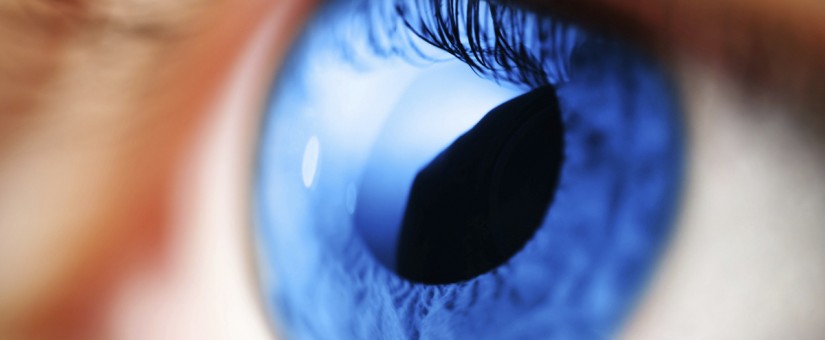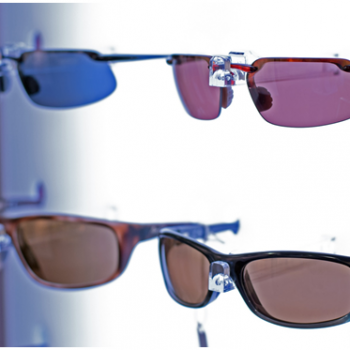
Practical ways to improve your eyesight
- Posted by Family Eye Care
- On September 1, 2015
Our eyes are the window to our soul and through them we enjoy the world and the full spectrum of colours. They are one of our most valuable senses and it is therefore important to care for our eyesight. Undoubtedly, as we grow older, our sight deteriorate due to the natural effects of ageing and through our own negligence. Here are some easy and practical ways to maintain and improve your eyesight.
Understand how vision works
The best way to work on any aspect of our lifestyle is to understand the factors that contribute to it positively and negatively and the same goes for your eyesight. When exposed to bright light, our pupils narrow to limit the amount of light that enters our eyes and subsequently in the dark, our pupils dilate to let in as much light as possible for us to see. You’ll find that when switching off the light, everything will be pitch black and slowly you’ll start seeing certain items in the room once pupils are fully dilated. In the same way when entering light after a period in the dark you will feel almost blinded until your pupils once again adjust. These are the basics of how our eyes function. There may be certain habits that are detrimental to eyesight such as using your smartphone in bed, right up close to your face…in the dark! Not only does that strain eyesight because the pupils are likely to be constricting and dilating frequently and regularly, but makes it harder to fall asleep and a lack of sleep is not good for the eyes. Assess how you can change other aspects of your life style that may be beneficial such as brightness on computers and the distance you sit from the monitor. Additionally take regular breaks and get enough sleep!
Diet
An ideal way to improve eyesight naturally is to make a few small changes to your diet. Foods with Vitamin A and a pigment called Lutein help keep healthy vision. A deficiency in the former can cause a reduction in the supply of a pigment called rhodopsin, which enables us to see when light levels are low, for example at night. The latter protects us from excess light and is densely concentrated in the retina. Some foods containing these nutrients include liver, zucchini, Brussel sprouts, sweet potatoes and, of course, carrots! Consider taking amino acid tablets that protect the eyes from free radicals, responsible for causing damage to your eyes over time.
Have regular eye tests
It is handy and useful to have your eyes tested at least once a year or every 6 months especially as you grow older and your chances of vision related deficiencies increase. You may not physically feel or see it, but your eyes could be under stress, which is rectified with glasses or contact lenses. If you are long overdue an eye test, book one today at your local opticians in South Harrow.
Eye exercises
Yes, you read that correct, there are exercises even for your eyes! The simplest exercise is blinking, though we do this naturally throughout the day, a good habit to get into is to make a conscious effort to blink more regularly when sitting in front of a computer or television. If we’re gripped by a really good movie or intensely working, our nocturnal blinking will reduce, thus important to ensure we do blink and give our eyes that moment of rest. For a more prolonged method to rest the eyes, rub your palms together to generate heat, close your eyes and place hands over the eyes in such a way that no light can enter. Alternatively, consider increasing your eye flexibility by changing your focus on different objects periodically throughout the day, especially if you work in an office or computer facing environment.
Use an eye chart
Now that you have made some changes to your diet and lifestyle and have incorporated routine exercises, grab yourself an eye chart (you can get one online from places such as Amazon), plaster it to a wall in your room so you can regularly monitor and assess your eye sight and its progress. Make some notes so you’re able to compare the strength of your sight over the course of time.


